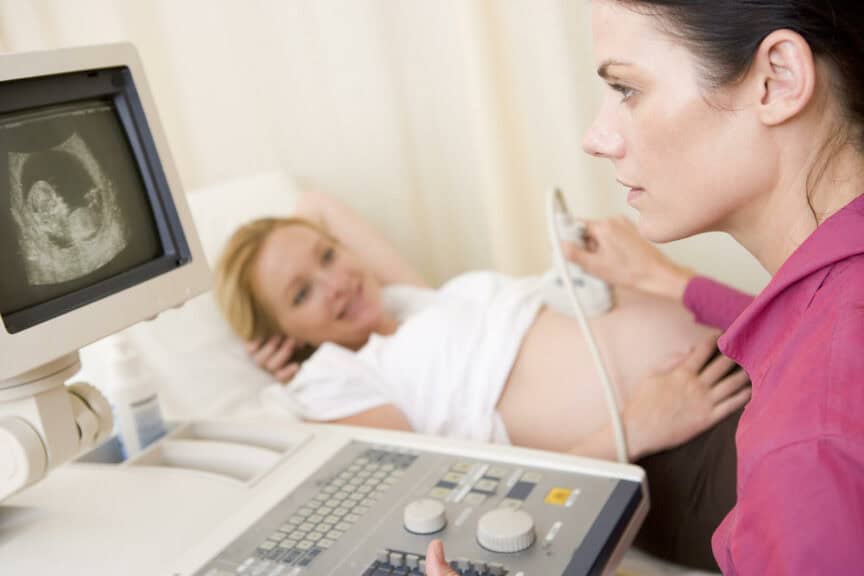Welcoming a new life into the world is a profound journey, but it’s essential to recognize the potential impact pregnancy can have on your hearing health. Understanding these dynamics can empower expectant mothers to prioritize their hearing health and ensure a smooth transition into parenthood!
Pregnancy is a time of immense change, both physically and hormonally. These changes can extend to your auditory system, leading to alterations in hearing sensitivity or perception. Hormonal fluctuations during pregnancy can affect fluid levels in the ear, potentially contributing to temporary hearing changes or increased susceptibility to environmental noise. Additionally, increased blood volume and changes in blood circulation can impact the delicate structures of the inner ear, influencing auditory function.
Gestational Diabetes and Hearing Health
Gestational diabetes, a form of diabetes that develops during pregnancy, has been linked to an increased risk of hearing loss in both mothers and their offspring. Elevated blood sugar levels can adversely affect the nerves and blood vessels crucial for auditory function, potentially leading to sensorineural hearing loss. Monitoring blood sugar levels closely during pregnancy and maintaining optimal glycemic control can help mitigate this risk and safeguard hearing health for both mother and child.
Certain medications prescribed during pregnancy, known as ototoxic drugs, have the potential to harm the auditory system. These medications can include some antibiotics, nonsteroidal anti-inflammatory drugs (NSAIDs), and chemotherapy agents. While these medications are sometimes necessary to manage maternal health conditions, it’s crucial to consult with a healthcare provider to assess potential risks and explore alternative treatment options whenever feasible.
Preventive Measures for Hearing Health
Maintaining overall health and well-being during pregnancy is essential for preserving hearing health. Simple lifestyle adjustments can make a significant difference in safeguarding auditory function, including:
- Avoiding exposure to excessively loud noises
- Implementing proper ear protection in noisy environments
- Regularly monitoring blood sugar levels for those with gestational diabetes
- Consulting with a healthcare provider before taking any medications during pregnancy
- Prioritizing prenatal care and attending routine hearing health exams to monitor auditory function
Postpartum Hearing Changes
The postpartum period is another critical phase where hearing changes may occur. Hormonal fluctuations, stress, and fatigue associated with childbirth and early parenting can impact auditory function. Additionally, the demands of caring for a newborn may lead to increased exposure to noise, further emphasizing the importance of protecting hearing health during this time.
Throughout pregnancy and the postpartum period, prioritizing regular hearing health exams is paramount. These comprehensive evaluations assess auditory function, identify any potential concerns, and guide appropriate interventions if needed. By staying proactive about monitoring hearing health, expectant mothers can address any issues promptly and ensure optimal auditory well-being for themselves and their newborns.
While pregnancy is a remarkable journey filled with anticipation and joy, it’s crucial to remain vigilant about hearing health. By understanding the potential impact of pregnancy on auditory function mothers can safeguard their hearing health and embark on parenthood with confidence!

